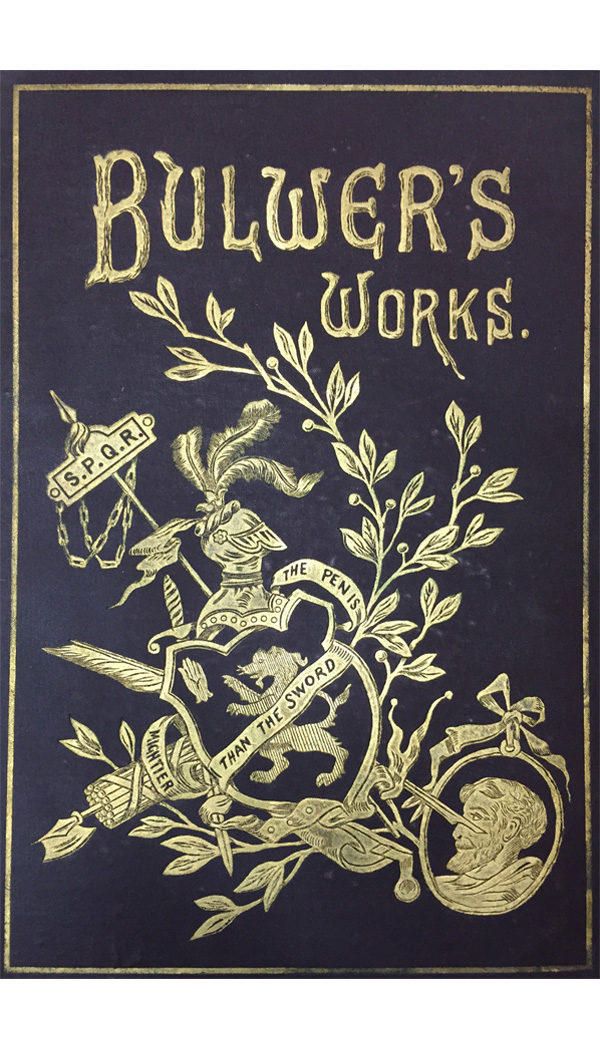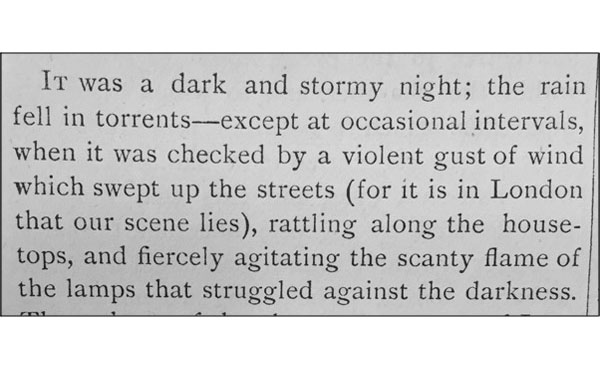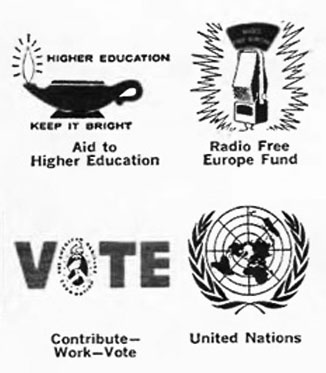 I should read more Dickens. Or I should rewrite that line so you don't think it's Monday's Bleat. I should read more Dickens. Or I should rewrite that line so you don't think it's Monday's Bleat.
My wife asked if we had an xbox 360, and I said we did. She said that someone on the neighborhood mailing list wanted one and could we sell it. I balked. I haven’t played it for some time but there were two games I wanted to get back to, some day. Why had I stopped? Because I can’t play console games. I can’t aim. I can’t figure out the buttons. Once upon a time I was an ace at Halo, but that was long ago, and now there’s just TOO MANY BUTTONS. I’m a keyboard-mouse man and so it has ever been.
I will never finish those games. The reason they were unfinished was because my characters had walked into walls and fallen off horses and the controller felt like a ceramic croissant in my hand. One of them started out interesting, but turned into a driving game as I chased a suspect. My inability to drive had no bearing on the story; even though I rammed the car into phone poles and fire hydrants and mowed down pedestrians by the dozen, all I got was a “be careful!” from my partner.
Every standard image of console gamers shows them sitting back on a sofa, right? Plinking away, trash-talking, relaxed. Every good game I’ve played on a computer has had me on the edge of my seat. Literally. Tense. It’s the difference between playing and inhabiting, between popping in a game disk like you’d put in a movie or turn on the radio, and entering a world. It’s odd, really: the computer screen feels interactive, responsive, an immediate field of action, perhaps because it’s a couple of feet from my face. When I’m sitting in front of a TV, it feels peculiar to interact with it, because it’s supposed to be doing all the work. ENTERTAIN ME! If you do nothing during a game your character stands there, and that makes the TV screen like the real world. It’s like walking away from the TV for a few hours and coming back to see the news anchor is sitting at the desk eating a sandwich.
So out it goes. It’s a relief, really. When entertainment feels like obligation it’s best to look elsewhere.

Sunday Daughter and I went to the second-hand bookstore to sell some DVDs. I never like doing this, because - and it took me a long time to figure out why - I feel as if I’m imposing on them, somehow. Daughter told me that I was being peculiar, because “that’s what they’re there for.” I know, I know. It just seems almost rude. Here’s stuff I don’t want but think you will. Pay me. Plus, you’re being judged. They push some things off to the side: sorry, no sentient creature would have any interest in these. You have horrible taste.
Usually they get you an answer in 15 minutes; took 45 minutes to sort through the boxes, because there were many obscure DVDs from the days when I collected such things, intending to watch them some day. Now I am getting rid of all DVDs. The sound of the player chewing the disk to find the menu is almost as annoying as -
Well, I was going to say “the sound of a VCR loading a tape,” but that’s not true. I liked that sound. It was the sound of the entertainment settling into the machine, just as you settled down into a comfortable chair. Disks always sound as if they are being abused, and it’s as if the player is physically ripping the data from its surface.
So we waited. Ran into someone from the Dinkytown days. Looked at old records; almost wept to see some old 45s with brilliant covers wearing a cheap price sticker that would take off the cover if you removed it. Daughter found an old book that smelled like an old book, and marveled at the tiny print. I looked at the cover, and thought: could it be?

It was volume IX, I think. They had six others. All with tiny type. Each with the unfortunately split aphorism. The collected works, no doubt given as a gift, and never read. There wasn’t am indication that human eyes had ever fallen on the pages.
But could it be that one of these volumes held the famous sentence? I googled the origin, checked the contents . . . and felt something close to a thrill. Really. Here it was. This was the source.

Deeply satisfying. Made my day. As did the money I got for the DVDs. Turns out my obscure tastes did me well, because I wasn't trying to sell them the 47th copy of X-Men.
When I explained to the Ejudicator, the person who sat in judgment of my cast-off possessions, that I was going all digital, she said she was doing the same thing, and had moved everything to a one terabyte drive. Of course in my haughtiness I thought piker. 4 TB with double redundancy! but then I asked if she had a backup.
“No,” she said. “I really should.”
Famous last words.

This message has been brought to you by the Ad Council and your local broadcaster. Another Ad Council Ad for the Ad Council's Ads, showing some other organizations that may or may not still be around:

 |
|
Aid to Higher Education? No idea. RFE is still going on, Why did they need a fund? C'mon, CIA. Send someone around the office. with a bucket.
The RFE was an arm of the National Committee for a Free Europe, which won. (Cecil B. DeMille was a member.) |
The United Nations, couldn't pay for ads? Apparently. Here's an organization comprised of every government on earth, and it's a charity. Got it.
VOTE is another mystery. If they had a logo, then they had an office. A staff. Funding. And perhaps a purpose.


The weekly survey of ads, with an eye towards the packages and logos, to repeat what it says above. By the way, how do you get your eye toward something? You can drive your car towards something, using your eyes, but I don't know how you get your eyes towards something. At, yes.
What's worse than necessary, useful cavities?

Kid sees impressed with herself, not yet aware this will require needles pushed deep into her gums. Mom is still wondering if her husband really wants to play Batman tonight, because she's got her Joker lips on.
Two things seem interesting to modern eyes, which are now, presumably, towards this ad: the toothpaste is "guaranteed not to stain," which would seem to be a given, and the Scientific Process includes the word "ammoniated," which would give everyone full-body conniptions today.

SURREALISM IN GAS
Texaco's mid-50s ads featured an enormous boxing glove zooming out of garages, covered bridges, snowy roads, or just the side of the frame.
Boxing gloves = power and speed, you see.

But I think the ref would blow the whistle if you hit someone in the face with a gas pump.

Errr . . . does it now.
 Sunshine suds make grease skedaddle! Because they're yellow! I know I've been over this before, but the hooded character on the label is the Old Dutch Cleanser Girl, and she is chasing dirt. This made her the worse housekeeper imaginable, as dirt does not respond to physical threats, and is incapable of repositioning itself without assistance. Sunshine suds make grease skedaddle! Because they're yellow! I know I've been over this before, but the hooded character on the label is the Old Dutch Cleanser Girl, and she is chasing dirt. This made her the worse housekeeper imaginable, as dirt does not respond to physical threats, and is incapable of repositioning itself without assistance.
As for who designed her, Brandland's page on the logo has lots of comments from people who think their grandfather did it.
It’s been rumored in our family that my grandfather, Harry church Whorf designed to logo for the Old Dutch Cleanser girl. He also created the logo for Sherman Williams paint – “It covers the earth”
And:
My father’s boyhood friend, Chester Marhoff , was an employee of Cudahy Packing Co. in Chicago and I understood that he was the person who designed the Little Dutch Girl or had something to do with the finalizing of the label.
And:
Georgia O’Keefe designed the little Dutch Girl on the can, as was stated in ghe book “How Georgia Became O’Keefe”
And:
My Great Grandfather, Jan Svejda, a Bohemian artist immigrant to Omaha, Nebraska, originated the painting of the Little Dutch Cleanser Girl.
Would have made a great quiz show. Will the real Dutch Girl artist . . . please stand up.

A new way to make real Italian-style spaghetti! Also known as "the same old way." I mean, really: how else can you make spaghetti? Unless she's putting that thing in the oven.

"When you're having guests who know spaghetti." Even if that's an oven dish, it's still not new way to make spaghetti. There are no new ways. There is one way, and until matter-manipulating food replicators are invented, there will always be one way.

An early fifties ad for GE had a tiny, tiny picture in need of magnification, because it shows one of the mainstays of commercial art that rarely survived: the store display.

Nice early photoshopping of the fellow on the bottom left.
No one seems particularly impressed, or happy; might have been Korea news coming over the speakers.

The push-button joys of domestic machinery: making the simplest task easier, and somehow more modern.

But you know that eventually the knob fell off and the dispenser-switch started to stick, and she said to hell with it and went back to pouring it into the water herself. Really, it was the only way to be sure.

Civilized life: a book and a smoke, and gum afterwards because your breath stank. 
Obviously no one chewed gum while they smoked, did they?
The novel was a real book, published in 1945. Wiki: "The novel relates the adventures of young Spanish nobleman Pedro de Vargas during the early years of the 16th century, focusing mainly on his mistreatment by the Spanish Inquisition, his adventures in Mexico while serving as a captain during Hernan Cortez' conquest of the Aztecs, and his subsequent return to Spain." Made into a movie in 1947.
Shellabarger - one of those popular historical novelists now forgotten - followed up "Captain" with "Prince of Foxes," which was made into a movie with Tyrone Power and Orson Wells. We'll have that in B&W World next month.
By the way: a few notes from the "Captain" soundtrack, to go with your cigarette and Teaberry gum.




More Classics Illustrated! See you around.

|